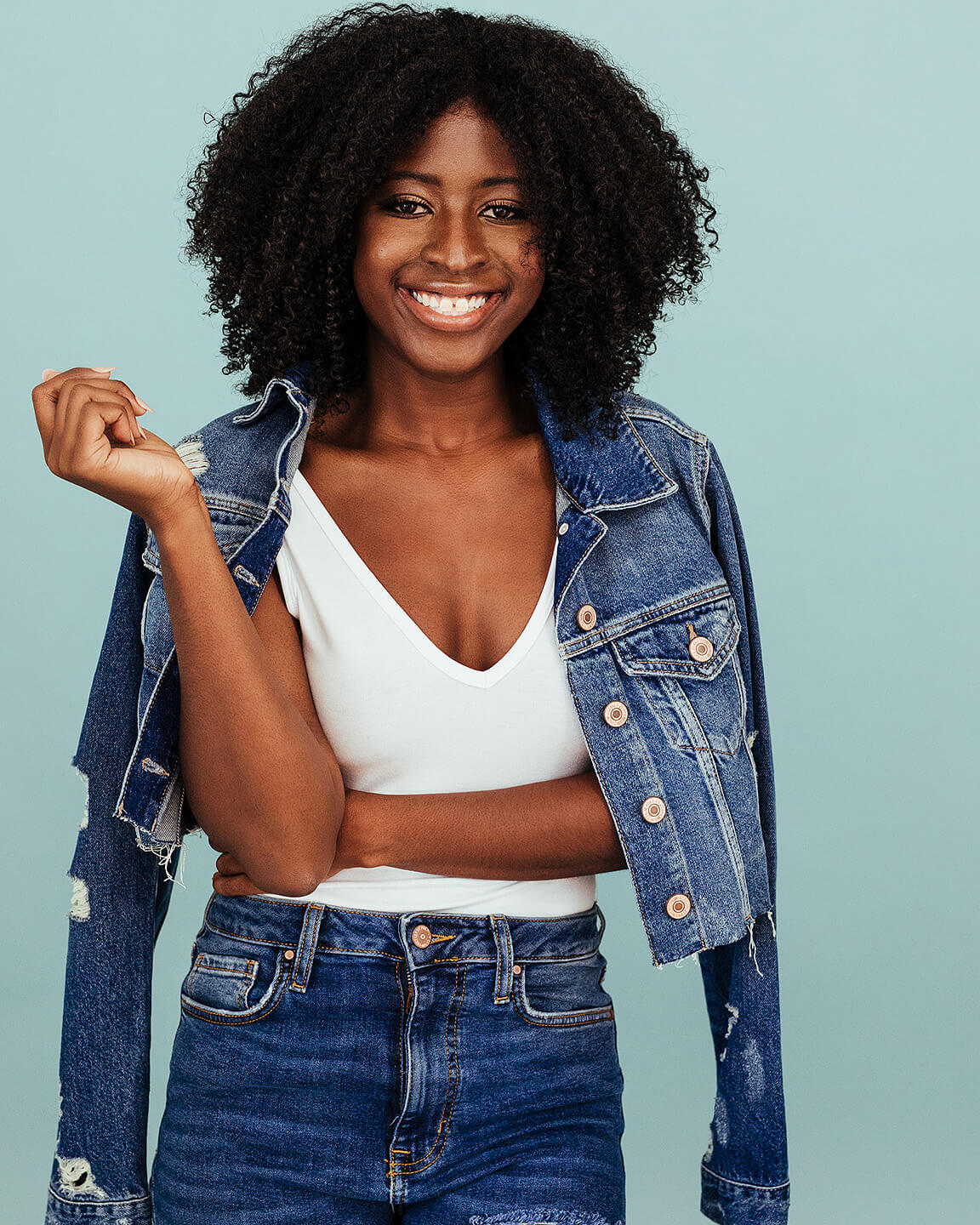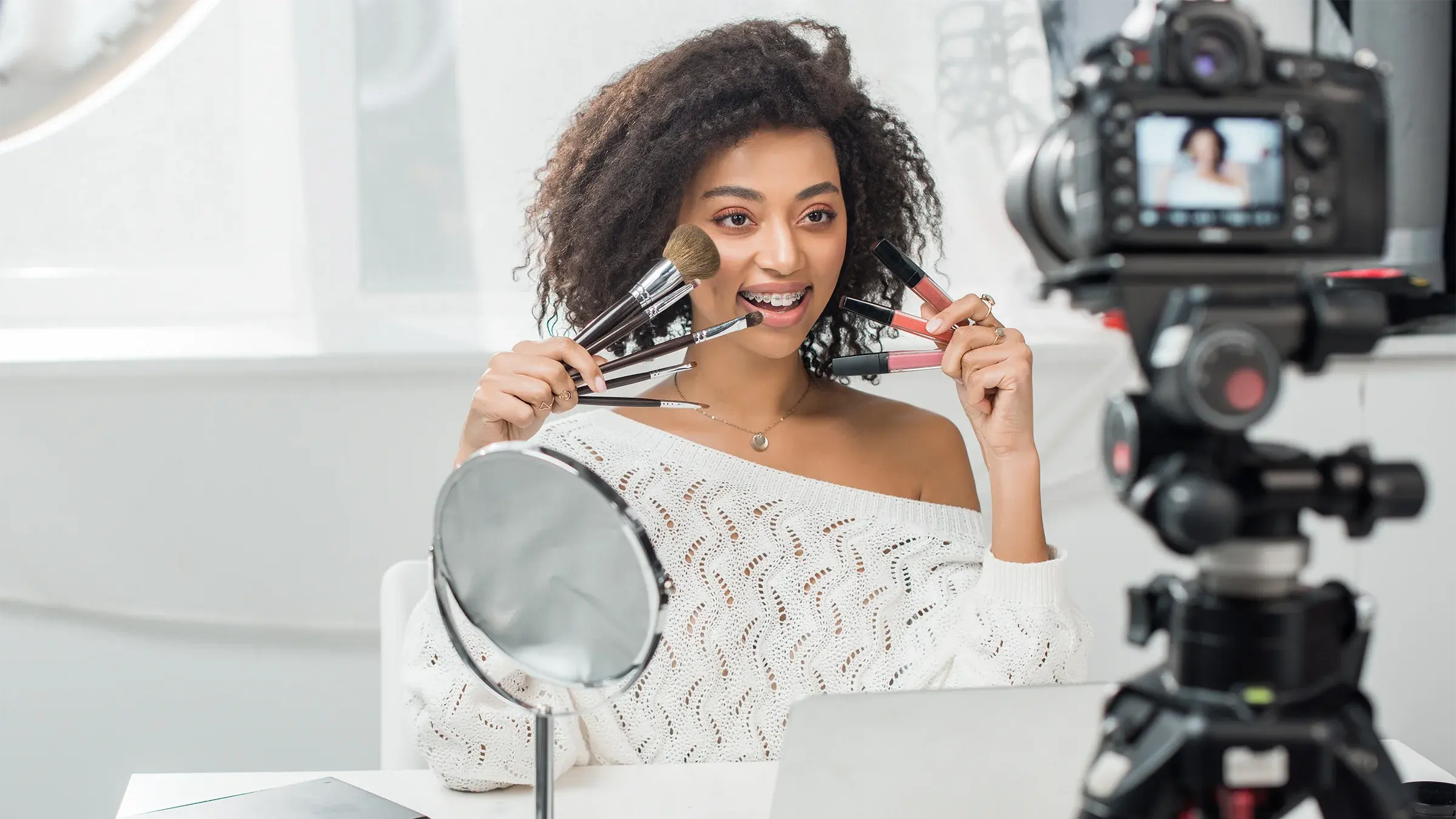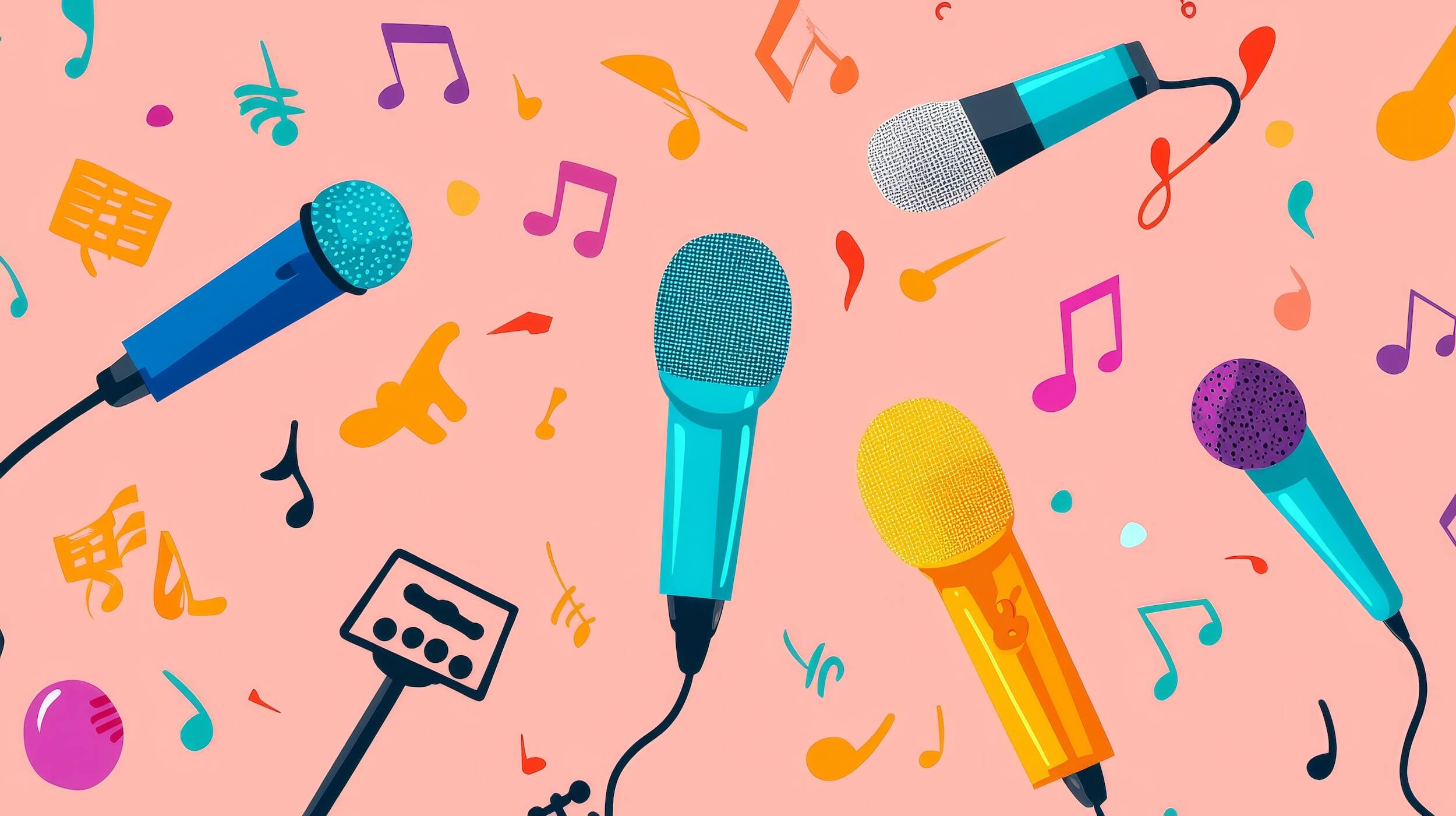A brand doesn’t need to invest hundreds of millions to be associated with the Olympic Games. For many - smaller, regional, startups, without the resources to sponsor, etc. – there are creative ways to still benefit from the enormous consumer interest in the Games, without overspending. This is where athletes as influencers can play an important role in your marketing. To do so, it is important to understand the rules and regulations to avoid being on the wrong side of the market.
If your brand sponsors an athlete (or athletes), technically it is not sponsoring the Olympic Games. But you can still benefit from the halo effect of the Games thanks to the close association of the athletes with the event. However, there is a critical guideline to know and understand.
First, it’s important to reiterate that only the International Olympic Committee (IOC) grants rights to the “rings” and only the host countries grant rights to the event’s marks (e.g. in the case of 2024, the marks of the Paris Olympics). No other organization has the authority to create an “official” association with the Games.
Furthermore, it’s not a surprise that the IOC would limit how close non-sponsors can get to their biggest event. The rings are the IOC’s most valuable asset, and they take protecting it very seriously.
The IOC controls what brands do by dictating what the athletes can and cannot do before and during the Olympics. Their best tool is the Rule 40, a regulation created to guide what an athlete competing at the Olympics is allowed to do with his/her own commercial partners.
It is critical that brands interested in working with Olympians understand Rule 40.
The requirements under Rule 40 are reasonable and easy to understand. In general terms, as long as there is no use of the Olympic marks, the advertising has been in the market for at least 90 days prior to the Games (in the case of Paris, launched before the 18th of April), and ads run consistently (i.e. not materially escalated during the Games), there will be no problem with the IOC.
And, ideally, brands should notify the IOC (if an international campaign) and/or the USOPC (for campaigns run exclusively in the United States) prior to launch. This is a courtesy designed to protect the companies and athletes, not a legal requirement.
Rule 40 has always been a tug of war between athletes and the IOC. The former, demand flexibility allowing them to offer more to their individual sponsors who support them every day. The greater flexibility, the higher their chances to attract new brands and benefit financially from their “Olympian” status.
The latter, needs to ringfence the rights they sell to their own (TOP) sponsors or risk losing their #2 source of income (#1 are the media rights). When the IOC sells the global rights to a car brand (in this case, Toyota), they are paying the National Olympic Committees (NOCs) of all countries around the world for the exclusivity in this category. As such, the NOCs cannot sign another local car company, nor can the athletes representing the country promote a car in association with the Olympics.
The pendulum today is on the athletes’ side, which is great for many brands looking to engage with them.
It is possible to make a big impact even with all restrictions.
Hiring athletes is an effective strategy for sponsors and non-sponsors as well. Some IOC TOP sponsors have used thousands of Olympians over the years. Noteworthy are Team Visa which has existed for decades and supported over a thousand athletes; the “Coca-Cola Six Pack,” a team of six high profile athletes featured on the soft drink’s cans and bottles; and Toyota, who hired over 100 athletes for the 2020 Tokyo Olympics alone.
There are also non-sponsors adopting similar strategies successfully. At the top of the list is Red Bull, the energy drink that has become synonymous with action sports thanks to exceptional content production, creativity in sports and many athletes sponsored over the years. Winter sports and Winter Olympics, for example, are very much associated with Red Bull despite all the efforts of the official beverage sponsor.
One of the most talked about ads at the 2016 Rio Summer Olympics came from Under Armour, not an IOC sponsor. The ad focused on the grueling work that got US swimmer Michael Phelps to the Olympics showing him practicing in an endless pool with The Kills “The Last Goodbye” as the soundtrack. The ad closed with the tagline "It's what you do in the dark that puts you in the light". No Rule 40 infringement whatsoever.
Like Phelps, for brands to win at the Olympics, they will need to be fast.
The Paris Olympics are approaching fast, but brands can still get in the Games. There are plenty of different profiles of athletes and sports to choose from. Some will act as a media channel helping you spread your messages to their many followers (sometimes millions) on social media, others will help you with content crafting stories that resonate with your brands (there is no one better to tell stories of overcoming barriers, discipline, and precision like an Olympic athlete), while a few will be excellent ambassadors to interact with employees and customers. No matter your brand need, athletes can be a powerful and cost-effective alternative.
But the clock is ticking! Unlike most existing sponsors that can wait for the Opening Ceremony on July 26th, 2024, it is important to remember that brands activating Olympians need to launch their work prior to April 18th, 2024 (to meet the 90 days pre-Opening from Rule 40).
Taylor can help bring your ambition to life at the Paris Olympics.
The good news for non-sponsors is the options are many, the timeline is still manageable, and the quality of the work can make your brand connect to the audience that matters most, regardless of your status or investment level.
For that, the only contract required is with a strategic communications partner that can help elevate your brand via both paid and earned media. This is where Taylor can help you. We understand as well as anyone what it takes to create partnerships that marry brand and athlete values to deliver experiences that authentically connect and engage with consumers who matter most. We’ve been activating in and around sports, marquee sporting events and athletes for 40 years - be it Olympics, FIFA World Cup, Super Bowl or US Opens with brands like P&G, Adidas, MasterCard, Coca Cola, Nike and AT&T. Let us partner with you to understand and shape your possibilities for growth.

.png)






.png)
.png)
.jpg)
.jpeg)
.jpg)

.jpg)
.jpg)

